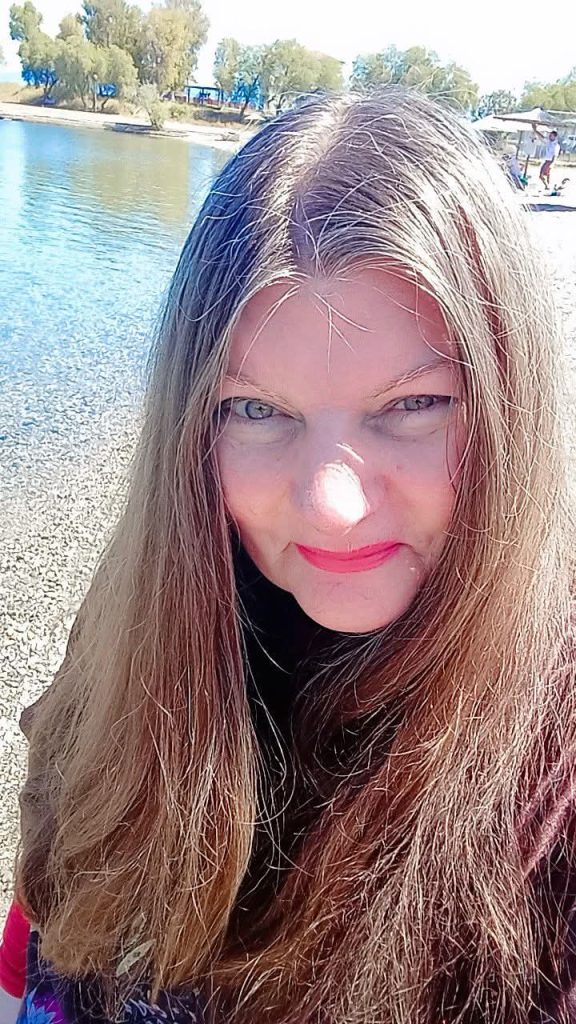
A Road Trip To The Distant South
Beneath the watchful
gaze of the ivory moon,
amidst the natural
air conditioning of the
very quiet breeze.
I boarded a rickety
Suzuki of vintage
Japanese technology.
I had my ear drums
nearly punctured by
the piercing sounds from
revving engines at the
chaotic bus terminus.
The yelling from uncouth passengers
and bus drivers did very little
to cheer me up.
But when we left the frenzied
motor park, I delightfully hummed
my first hymn, as we drove
into the ambience of the
serene highway, to begin
our long but silent journey
to the distant Nigerian south.
From our take off point,
I suddenly felt the warm
reception of the cool night’s breeze.
And the hushed discussions
of fellow passengers, some of whom
had been involved in altercations with
insolent transporters at the rowdy
terminus.
They verbally re-enacted the
unpleasant events at the terminus,
as they cursed in absentia, the transport
agents and drivers they had bitter feuds
with. But as we ventured further,
everything seemed to be forgotten.
With a fixed gaze across my window,
I watched the placid landscapes of
the arid Nigerian north-east.
The nocturnal monkeys flitting from
branch to branch, revealed slightly
by the full moon in October.
Our exciting but somewhat strenuous
journey ended with the refreshing dew
of the distant Nigerian south before
sunrise.
We enjoyed discussions about politics,
current affairs, relationships, fashion,
spirituality and entertainment.
All of which strengthened new bonds
for a night’s odyssey.
The exhaustion and attendant sleep
that characterized our lengthy discussions,
all equally contributed to making our road
trip, a real vacation on wheels.


